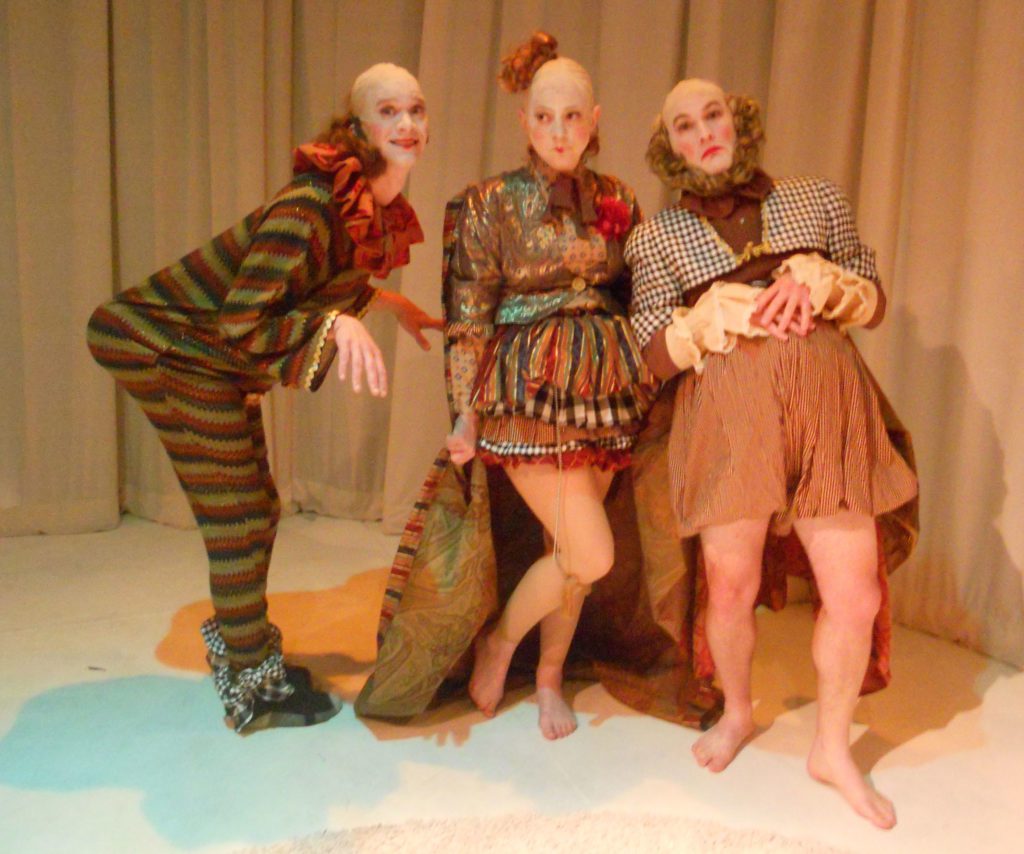Entertainment companies demand that Google take down listings promoting their new movies. A clown is jailed in London for saying the words “roast beef” on stage.
Which seems the most likely to be true?
Both.
Denver’s raucous Buntport Theatre’s latest production, “The Roast Beef Situation,” premiered during the holiday weekend.
While the 32nd production of the Buntport in its 11 years might not seem so bizarre, after all the six-member cast has no director and has done shows like “Kafka On Ice,” the takedown notices from Hollywood either show how incompetent studio lawyers are or how far they are willing to go to make viewers pay as many times as possible for the same content.
Google reported the DMCA notices in its latest transparency reports. The Internet giant wants people to know what it is being asked to do. Torrent Freak and others reported on the latest actions.
Although “The Roast Beef Situation” is based on the dilemma of the clown Carlo Delpini 225 years ago, the cast demonstrates that copyright issues can simply be another way to control what is said in public. In the 18th century, the British government sought to strictly regulate what could be said in its theaters, the Internet of its day.
Brian Colonna, who plays the clown thrown into a jail full of murderers who bludgeoned their victims, wants to know if the spoken word can be owned. First he has to convince his jail mates that he deserves to be in the same cell with them.
Mark Twain didn’t think so. He thought all ideas were second-hand and therefore not actionable
“The kernel, the soul — let us go further and say the substance, the bulk, the actual and valuable material of all human utterances — is plagiarism,” he wrote in a letter.
Spanish surrealist Salvadore Dali, whose most famous painting was “The Persistence of Memory,” followed Twain by a couple of generations.
“Those who do not want to imitate anything, produce nothing.”
Perhaps if a more friendly word, recycling, was used, it wouldn’t sound so bad. Mozart did it.
-Robert Weller, May 29, 2012, technorati.com
